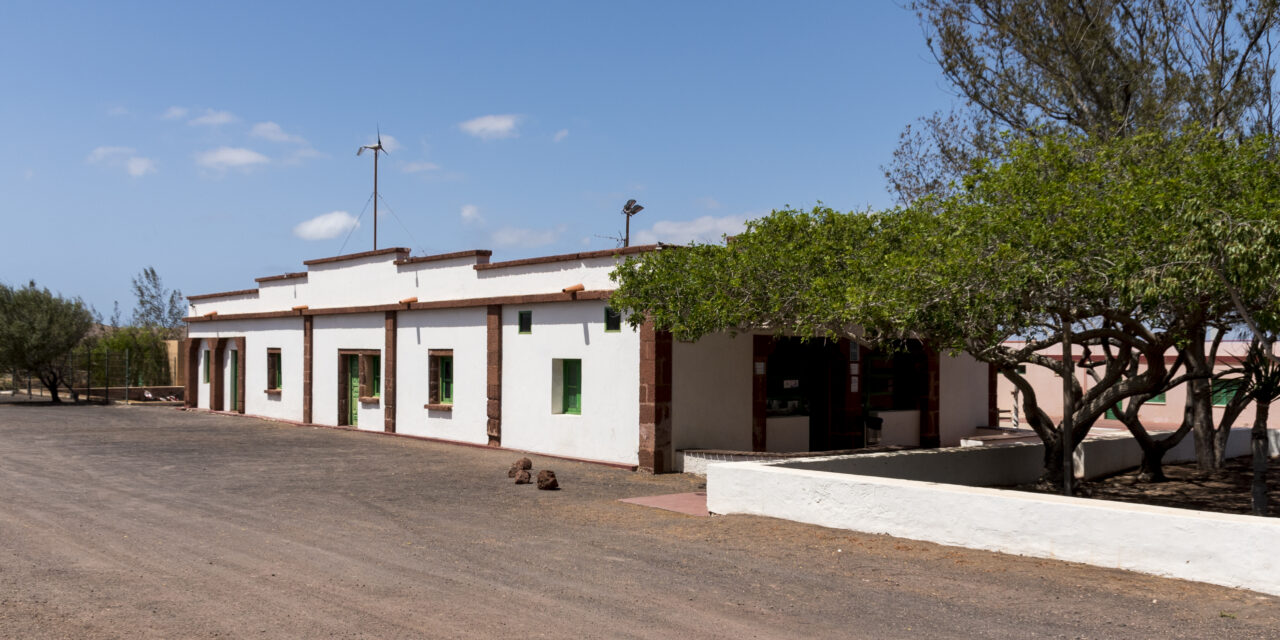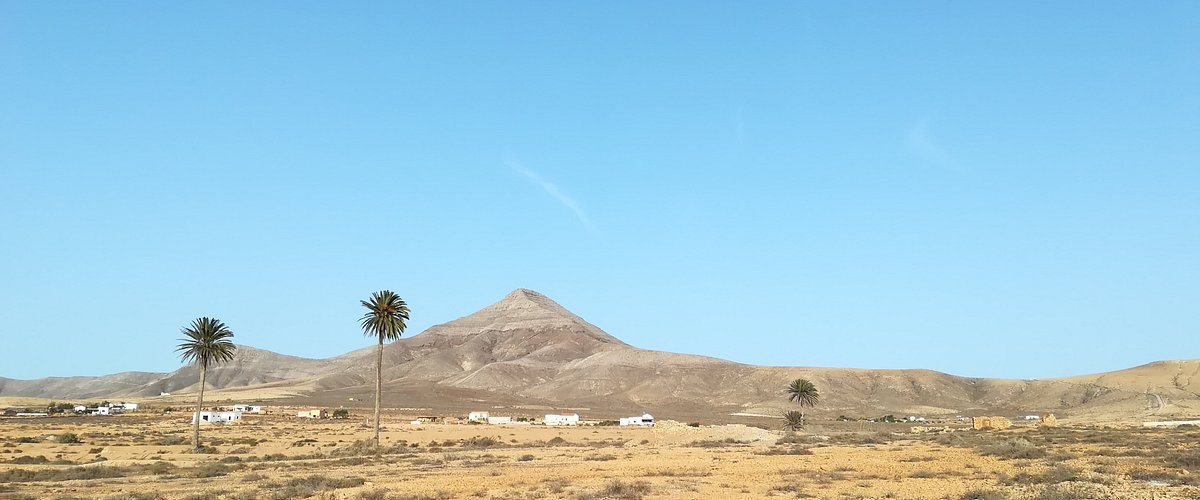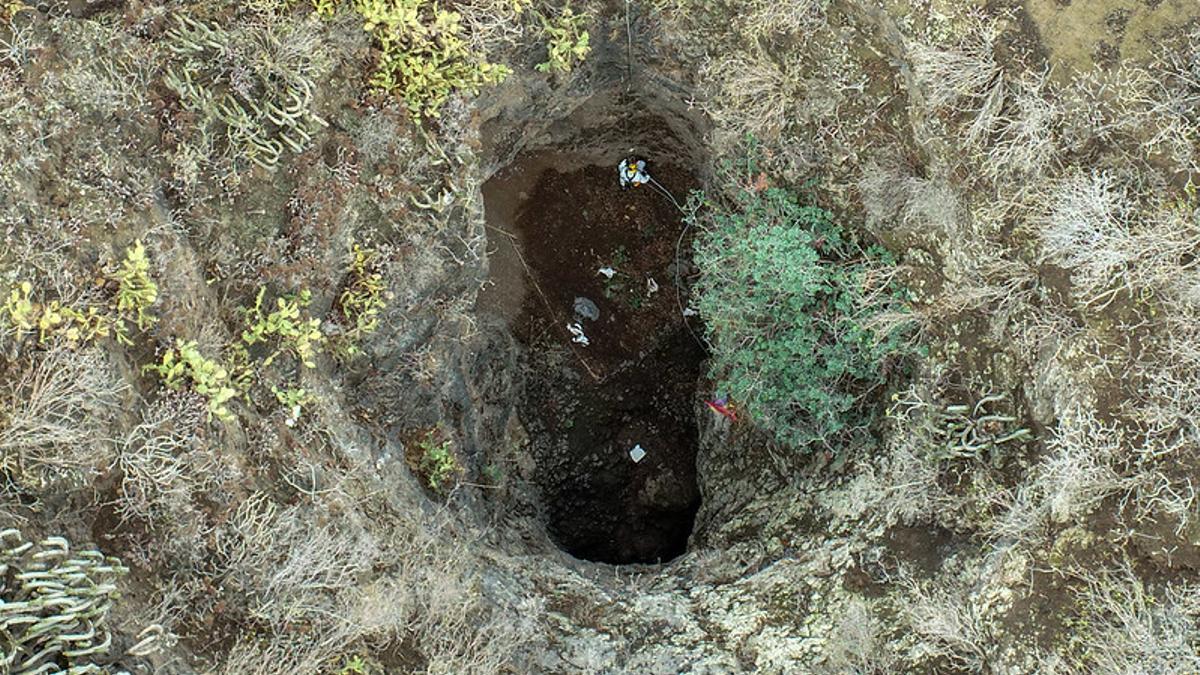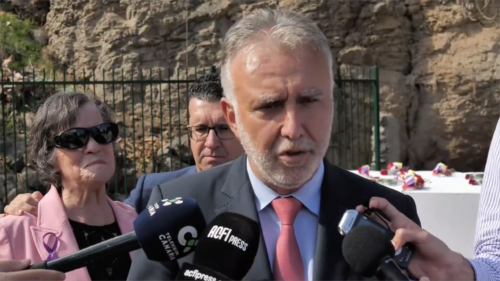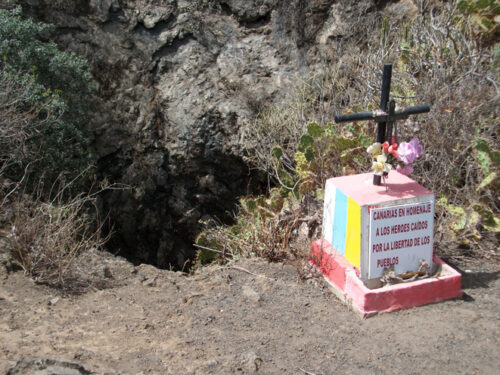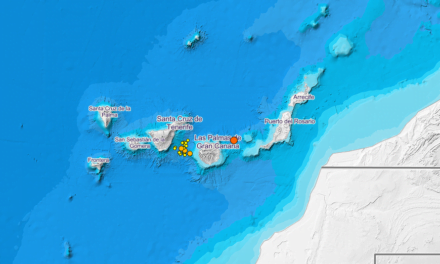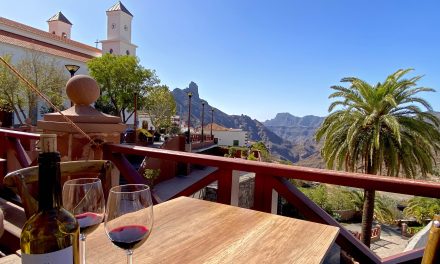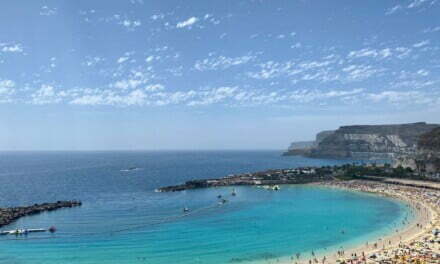Underscoring Spain’s commitment to confronting its Francoist past, Ángel Víctor Torres, the former President of the Canary Islands and now the newly announced national Spanish Government’s Minister of Territorial Policy and Democratic Memory, in his first act of his new office, has announced the recognition of the Tefía LGBT+ concentration camp in Fuerteventura and the Sima de Jinámar, scene of fascistic murders on Gran Canaria, as places of democratic memory. This declaration will mark a significant step in the Spanish nation’s journey towards reconciling with its historical injustices.
The Tefía camp, also known as Colonia Agrícola Penitenciaria de Tefía, was a notorious concentration camp during the Francoist dictatorship. Functioning between 1954 and 1966, it was a site of imprisonment and torture, particularly for LGBTQIA+ individuals. The camp’s origins trace back to the 1933 Ley de Vagos y Maleantes, with the initial concept having been formed during the Second Republic in 1935. A notorious stain on Canarian living memory, LGBT activists have long called for the injustices and atrocities commited there to be remembered and reconciled.
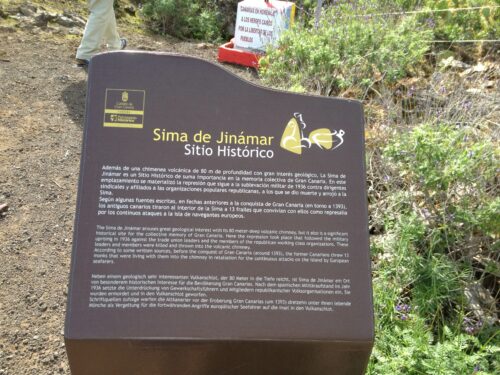 Similarly, the Sima de Jinámar, an 80-meter deep volcanic chasm, bears a grim history. Reports suggest that during the Franco regime, it was used as a mass grave where up to 100 republican prisoners were executed, literally thrown to their deaths. The first official expedition to this site was conducted in September 2020, aiming to uncover the truths buried within.
Similarly, the Sima de Jinámar, an 80-meter deep volcanic chasm, bears a grim history. Reports suggest that during the Franco regime, it was used as a mass grave where up to 100 republican prisoners were executed, literally thrown to their deaths. The first official expedition to this site was conducted in September 2020, aiming to uncover the truths buried within.
Torres’ announcement was made during his visit to the well of Tenoya in Arucas, Gran Canaria, one of the few excavated mass graves from the Francoist era in the Canary Islands. His commitment to these sites stems from his tenure as Mayor of Arucas, where he played a pivotal role in initiating the exploration of these “wells of oblivion”
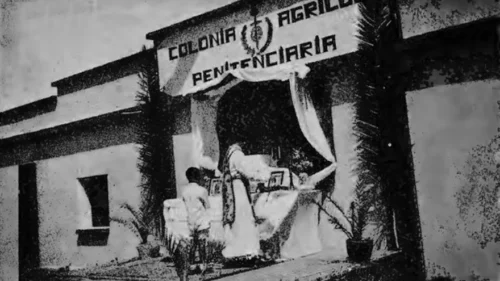 The Tefía camp, known as Colonia Agrícola Penitenciaria de Tefía, was a concentration camp during the Francoist dictatorship in Spain, located in the village of Tefía, and part of the municipality of Puerto del Rosario on the island of Fuerteventura.
The Tefía camp, known as Colonia Agrícola Penitenciaria de Tefía, was a concentration camp during the Francoist dictatorship in Spain, located in the village of Tefía, and part of the municipality of Puerto del Rosario on the island of Fuerteventura.
It operated between 1954 and 1966 and was one of the facilities planned under the original 1933 Ley de Vagos y Maleantes (Law of Vagrants and Thieves), intended for the rehabilitation of undesirable individuals.
The idea for the penal agricultural colony in Fuerteventura was conceived, during the Second Republic, in July 1935 under the government of Alcalá Zamora. The Tefía camp served as a place of imprisonment for both common and political prisoners and was also used for the reeducation of homosexuals
The significance of these initiatives extends far beyond historical acknowledgment. By recognizing these sites as places of democratic memory, the Spanish government is not only honoring the victims of past atrocities but is also making a powerful statement about its dedication to democratic principles and human rights. The move is a part of a broader effort to bring to light the forgotten or ignored stories of the Franco regime’s victims and provide closure to their families.
For Spanish civil society, especially in the Canary Islands, these recognitions are crucial in addressing the long-standing silence and neglect surrounding these dark chapters of their history. They serve as a testament to the resilience and dignity of those who suffered under the dictatorship.
During the Franco regime, the Sima de Jinámar gained notoriety as a place where syndicalists and republicans were forcibly taken from their homes, often during the night, tortured, and either dead or sometimes still alive, thrown into the abyss. It is believed that the chasm contains the remains of hundreds of bodies not only from the Franco era but also from periods before and after. In September 2020, an official expedition was launched for an archaeological survey of this volcanic tube, organized by the Cabildo de Gran Canaria. They are thought to have built the very first church on the island, in a cave at El Pajar on the south coast, and travelled as part of a process of evangelization authorized by a papl bull from Pope Clement VI. The Mallorcan missionaries remained for almost four decades, until in 1393 the King of Castile, Henry III, sent a fleet of six ships that plundered Canaria and captured part of its population, this caused an uprising of the aboriginals against the Mallorcans. The ancient Canarians threw 13 Franciscans into the abyss in retaliation for the continuous attacks the island was suffering from European navigators trying to invade. The site today reflects a sense of neglect and abandonment, with debris and trash scattered along the path leading to it. A fence guards the mouth of the chasm, and a cross installed in the 1970s serves as the only memorial to those who rest in this unusual place, along with small symbols and a forgotten Republican flag adorning the walls of the volcanic tube. The designation of Tefía and Sima de Jinámar as places of democratic memory is a critical aspect of Spain’s journey towards acknowledging its past. It is a journey that seeks to honor the memory of those who suffered, while reinforcing the country’s commitment to a future rooted in democracy, liberty, and respect for all individuals, irrespective of their background or identity.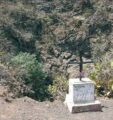 The first recorded incident at the Sima de Jinámar dates back to before the Spanish conquest, in 1393. From the middle of the 14th century, around the year 1351, an expedition of Mallorcan Franciscan friars who had arrived on the island, then simply known to European mariners as Canaria, lived among the native Canario peoples of the pre-Hispanic period.
The first recorded incident at the Sima de Jinámar dates back to before the Spanish conquest, in 1393. From the middle of the 14th century, around the year 1351, an expedition of Mallorcan Franciscan friars who had arrived on the island, then simply known to European mariners as Canaria, lived among the native Canario peoples of the pre-Hispanic period.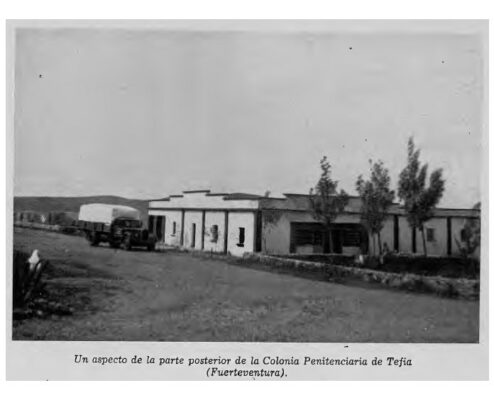 For the many in Spanish society, and indeed for the LGBT community in The Canary Islands and across Spain, the acknowledgment of places like the Tefía camp and Sima de Jinámar as sites of democratic memory is profoundly significant. It represents an official recognition of the persecution and suffering they endured during the Francoist era. Such steps are vital in healing historical wounds and fostering a more inclusive and tolerant society, especially at a time of rising far-right populism not only in Spain, but across Europe.
For the many in Spanish society, and indeed for the LGBT community in The Canary Islands and across Spain, the acknowledgment of places like the Tefía camp and Sima de Jinámar as sites of democratic memory is profoundly significant. It represents an official recognition of the persecution and suffering they endured during the Francoist era. Such steps are vital in healing historical wounds and fostering a more inclusive and tolerant society, especially at a time of rising far-right populism not only in Spain, but across Europe.

